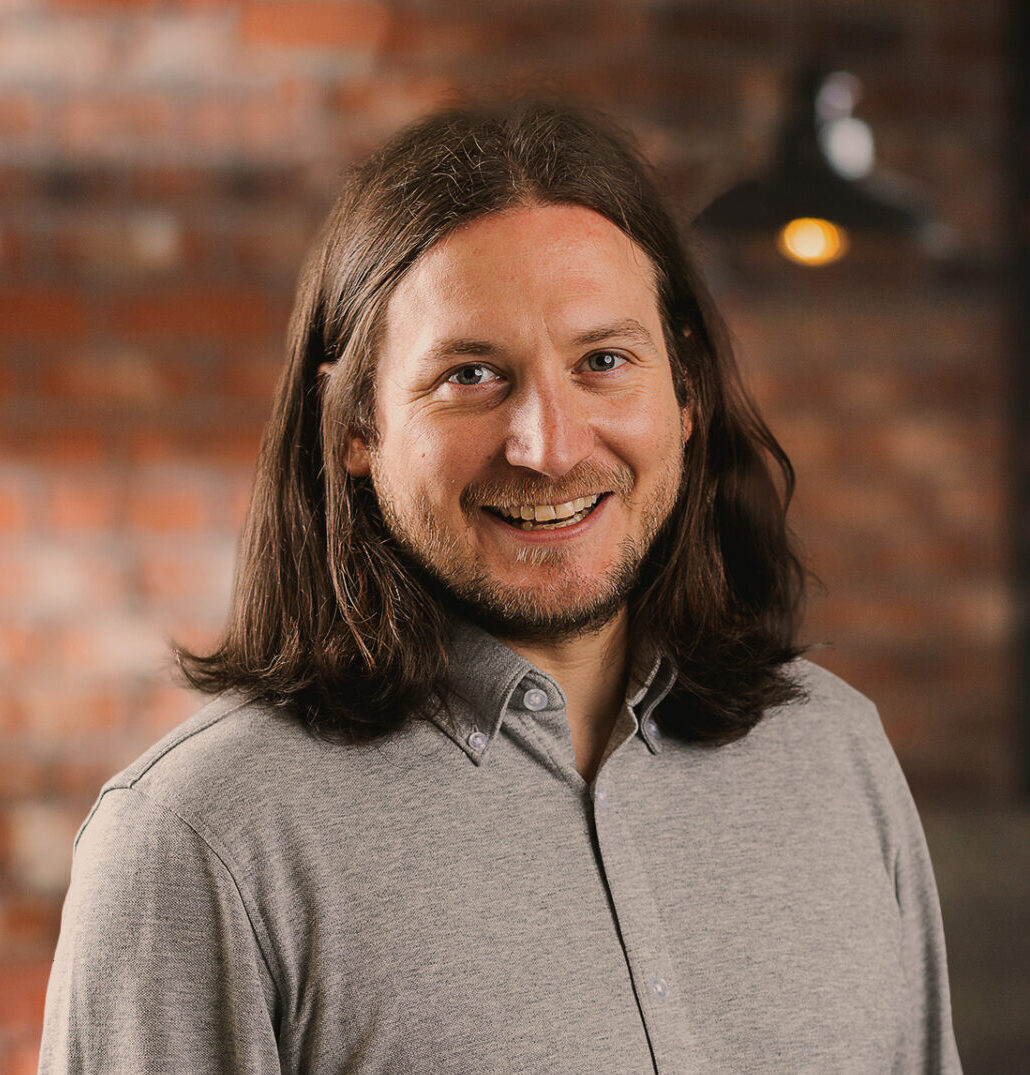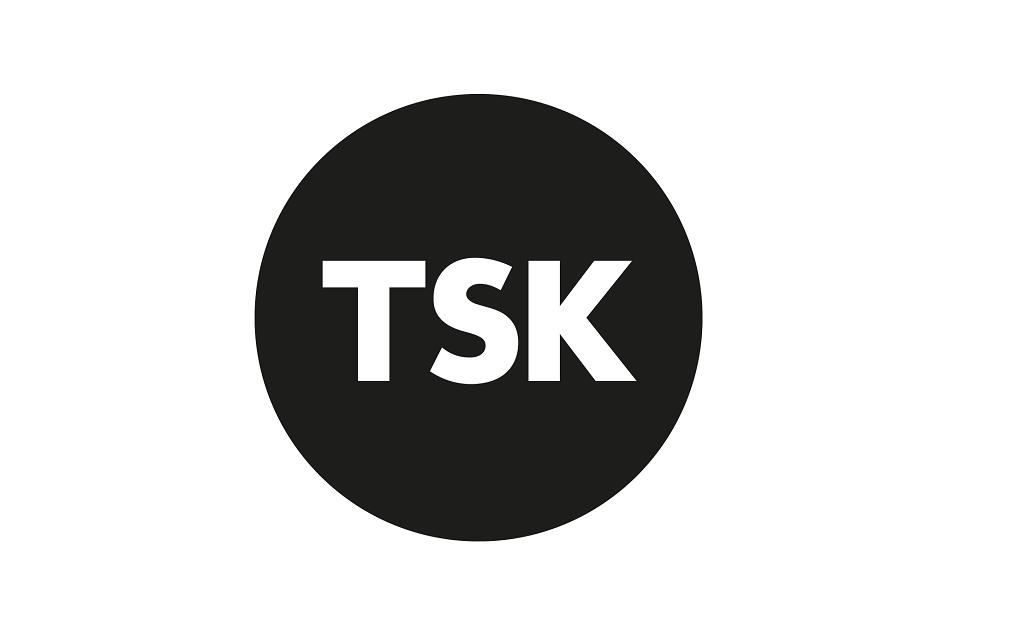Reviving your brand
Show us your human side
As the country comes out of lockdown and gets back to work (homeschooling aside), it’s time to put your lockdown thinking into action.
The lockdown has tested us all – especially our brands – and we are emerging changed by the experience.
How did your brand perform under pressure?
When the chips were down and you had to make quick decisions, how did you fair? What tools did you use to make sure the decisions you made were the right ones? How did those decisions impact upon your staff, your clients, your future security and your reputation?
Not everyone came through this period shining. In fact, there’s been no shortage of villains.
Tim Martin, owner of Wetherspoons, said that his 40,000 staff should go and get a job at Tesco instead of taking furlough.
The CEO of Ryanair, Michael O’Leary, cut wages by 50%. Ryanair and other airlines also refused to give refunds for cancelled flights.
JD Sports failed to comply with social distancing and didn’t have enough hand sanitiser at its warehouse.
It’s too early to tell how forgiving the public will be towards these brands. They may pay a heavy price for putting profits before people.
Other companies have done everything they can to minimise the impact of the virus and contribute in any way possible.
Whitbread donated 27 tonnes of food to charity.
Brewdog, Didsbury Gin, Chivas and Grant’s adapted their manufacturing facilities to produce hand sanitiser instead of beer or spirits.
Aviva donated £10 million to the Red Cross and promised free courtesy cars and breakdown cover for customers in financial difficulty.
Timpsons has predictably behaved with kindness and talked sensibly about the future.
Hopefully these companies will be remembered and rewarded for their behaviour over the last three months.
Some of our clients stopped all marketing and withdrew completely, choosing to disappear until the dust has settled. Others stepped up their communications, understanding the importance of remaining visible during periods of change. One of our clients discovered that its branding suggested medical emergencies, rather than reassurance and collaboration, when viewed in the context of a global pandemic. Another found that their sales messaging wasn’t emotive enough and was having the opposite of the desired result. Both clients had to act fast to fix the problems and realign their brands.
Every company we have worked with over the last five years has taken a moment during this time to think about the foundations of their brand, how it’s working for them and what they need to do now so it continues to work in the future.
What’s your strategic position?
There’s been a lot of talk throughout lockdown about war, battle, fighting for survival, the Dunkirk spirit and the wartime CEO.
There’s something alluring about talk like this. But a wartime mentality is only a short term strategy, not a long term solution. Be careful here, don’t let this thinking compromise your values. The ends do not always justify the means.
It’s also worth noting that the end of World War II was followed by an extremely collaborative period, during which the NHS was created. The feminist and civil rights movements gathered momentum and the space race began. So could it be when the pandemic is over.
Are you battling or nurturing your business?
Many have brought the human side of their business to the fore, focusing on people and looking after the wellbeing of their employees first and foremost:
- Do you have the space and infrastructure for a home office? Internet, a desk, a chair, somewhere to go and focus?
- Are you homeschooling or caring for someone? Or are you holding the fort because your significant other is a key worker?
- How are you coping? Look after your mental health! Get outside, do some exercise, take a day off.
And then (yes, second) they look after their clients, checking in on their business and their needs. How can we adapt our service to meet your changed circumstances? What do you need right now? What are you thinking about the future?
Being more human is one of the key advantages small businesses can capitalise on. You’ll never have a bigger marketing budget than a huge corporation or be able to compete on price as well as they can, but you can quite easily be more human. And you can decide right now to show more of your human side, whereas giant conglomerates have a lot of red tape to get through before they can implement change.
“United we stand, divided we fall” said Aesop, over a thousand years ago.
Standing up for your values – and your customers’
One of the ways we encourage our clients to achieve their vision and live their values is by engaging in the movements that reflect those values. Giving voice to new or marginalised ideas, sharing knowledge, supporting charities or initiatives. It makes for great marketing… but also stronger businesses and more resilient communities.
It’s no coincidence that the fight against racism is taking a leap forward. When home-schooling ends, we predict that the feminist movement will do the same (peacefully, we hope). Challenging times open the door to change.
Whether you are actively supporting the BLM protests right now, getting behind the active travel movement or simply reflecting on how you can do better, we can’t deny that a massive shift is coming. The only choice – for businesses and for people – is in how to react.
Many big brands have expressed their support of the Black Lives Matter protests over the last fortnight. But can you really claim to support the movement and stand in solidarity with BAME people if your leadership team is entirely white? L’Oreal and Nike in particular have exposed themselves this week and gone away to think more carefully about how they engage with – and represent – their target market.
The vocal support you give to any movement must be backed up with some sort of action. Congruence is key. Your thoughts, words and actions must be aligned otherwise you will likely be called out for being disingenuous.
It’s time to review your brand.
Much has changed over the last three months; consumer behaviour, our approach to work and our priorities in general.
Before you return to the workplace and fall back into old patterns, now is a good time to review your brand and make sure it fits with your new vision and the new reality of the marketplace.
The business world has shifted. People’s purchase decisions are ever more influenced by a company’s values. The way we deliver our products and services has changed too (online first). Our communications channels are, for the time being, almost entirely digital.
Our hopes for the future are different now. Not one of the people we have spoken to in the last three months wants to return to the way things were. And business is personal – we want more from life, more time, more air, more space to think and be. As such, many businesses are heading in a different direction than they were before the pandemic began.
Businesses that have maintained a human tone in this period have kept their teams and their clients close and set the tone for this next phase.
Whether your core beliefs have been shattered and rebuilt, or hardened under the pressure, they are more important than ever.
Are you a human-first business? And does it show?
Selected industry experts bring you insight and expert advice, across a range of sectors.
Subscribe for free to receive our fortnightly round-up of property tips and expertise
Selected industry experts bring you insight and expert advice, across a range of sectors.
Subscribe for free to receive our fortnightly round-up of property tips and expertise





